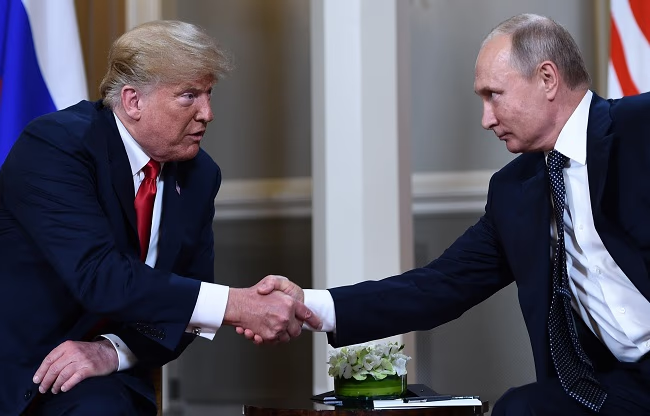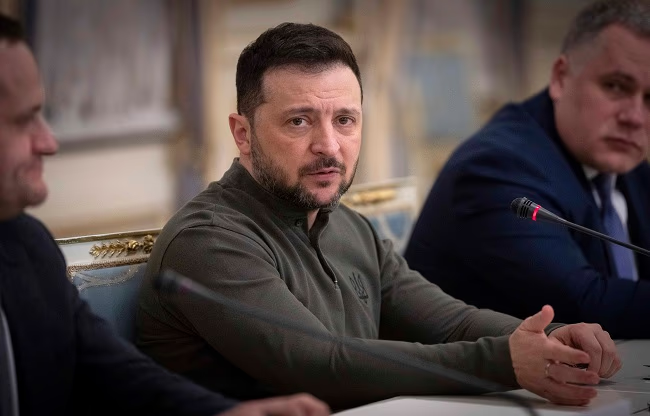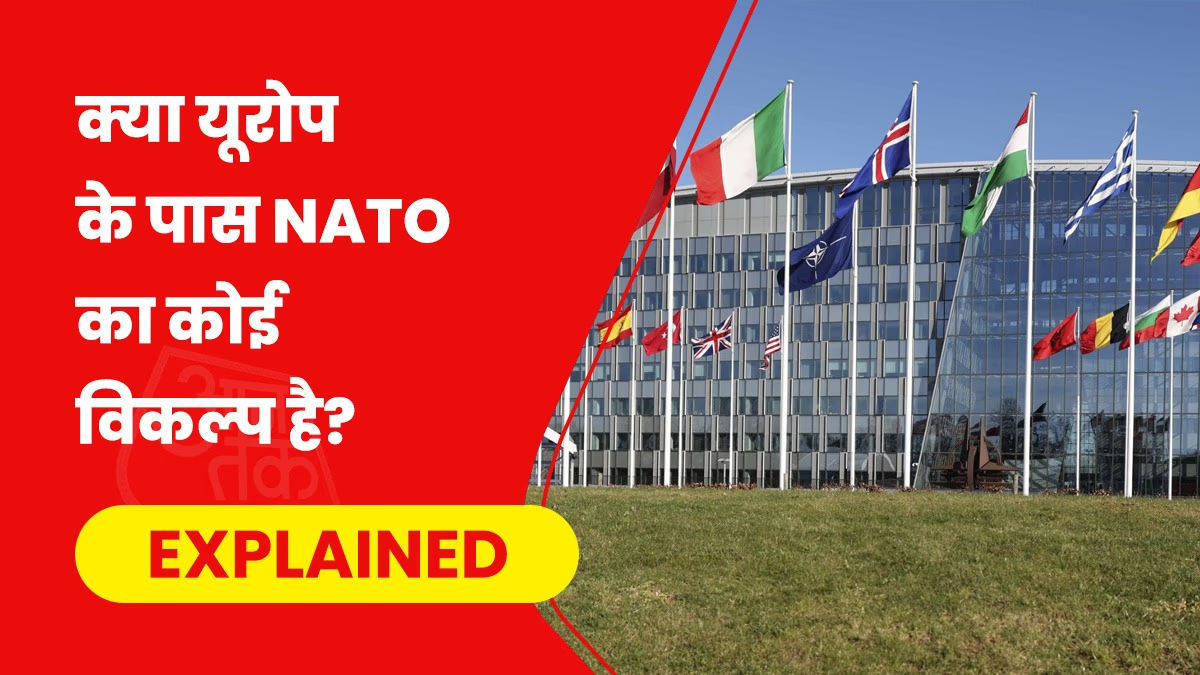With Donald Trump entering the White House, global power dynamics have shifted. Unlike previous presidents, Trump showed a closer inclination towards Russia. This has led to discussions on halting the Russia-Ukraine conflict, but Ukraine remains excluded. Frustrated, Ukrainian leader Volodymyr Zelensky proposed a European army to shield against American indifference.
What's Recent and Hot in Discussions
A recent security conference took place in Munich, Germany. Europe hoped Trump would restrain his off-the-cuff remarks on stage. Representing the U.S., Vice President J.D. Vance echoed Trump's stance, demanding NATO member countries in Europe increase their defense budgets.
Vance's demand isn't entirely unreasonable. The United States is the largest financial backer of NATO. Over the years, it's been highlighted that despite strong economies, some countries avoid spending, leaving U.S. security bearing the brunt. Previous presidents before Trump also pushed for increased defense budgets, but many European nations historically avoided it.
How Much Does the U.S. Spend?
The U.S. currently contributes about 70% of NATO's total expenditure. This dates back to 2014, when all NATO members agreed to allocate at least 2% of their GDP to defense — a minimum financial commitment. Most countries lag in this, whereas the U.S. spends nearly 3.5% of its GDP on defense.

Source: aajtak
The Trump administration issued threats that if other countries don't contribute their share, the U.S. won't bear the entire cost alone. With stringent measures from the Trump administration, there's a fear that a weakened NATO might dissolve altogether. This realization drives Europe to consider bolstering its defense.
Why the Threat of Leaving NATO is Concerning
NATO makes decisions jointly, but the U.S. wields significant power due to its military might and nuclear arsenals. European countries rely on this for security assurance, making Trump's threats troubling.
NATO's Article 5 states that an attack on any country in Europe or North America is considered an attack against all members. Current geopolitical complexities heighten tensions among nations.
Ukraine's Role in the Scenario
For a long time, Ukraine has sought NATO membership. Should this happen, the threat to Kyiv would diminish significantly, compelling the U.S. to oppose Moscow. Zelensky's bid was rejected by the White House. It also signaled tepid sympathy in the ongoing Russia conflict. Peace might emerge, but not under Ukraine's conditions. This frustrates Zelensky. After three years, he proposed, "Why shouldn't Europe have its own army?" Though immediate danger is absent, the danger posed by shifting U.S. policies can't be dismissed.

Source: aajtak
Considering tensions with the U.S. and the European Union, Zelensky acted decisively amidst brewing concerns. Reports suggest he flagged the increasing military power of Russia, warning that Moscow could threaten other European nations through Belarus.
Despite this, the European Union hesitates from making straight remarks. EU Foreign Policy Chief Kaja Kallas argued for collaboration under NATO rather than forming a separate army. Poland's Foreign Ministry dismissed the practicality of a separate European army, suggesting bolstering existing defense structures.
Other Military Organizations in Europe
Amid defense budget discussions, an alternative military alliance called the Common Security and Defence Policy has formed in Europe. It holds military capabilities of around 300,000 troops to aid its members during emergencies. However, it lacks the strength and resources of NATO.
Why Europe Avoids Forming a Separate Army
Defense budget isn't the sole factor. EU nations face internal discord. With over 25 countries, each has distinct priorities and military needs. Forming a joint European army is challenging. Over decades, minor decisions were manageable under U.S. leadership. Breaking away and making such monumental decisions risks strategic and economic interests. Thus, despite Zelensky's proposition, no country issues a direct statement in support.




